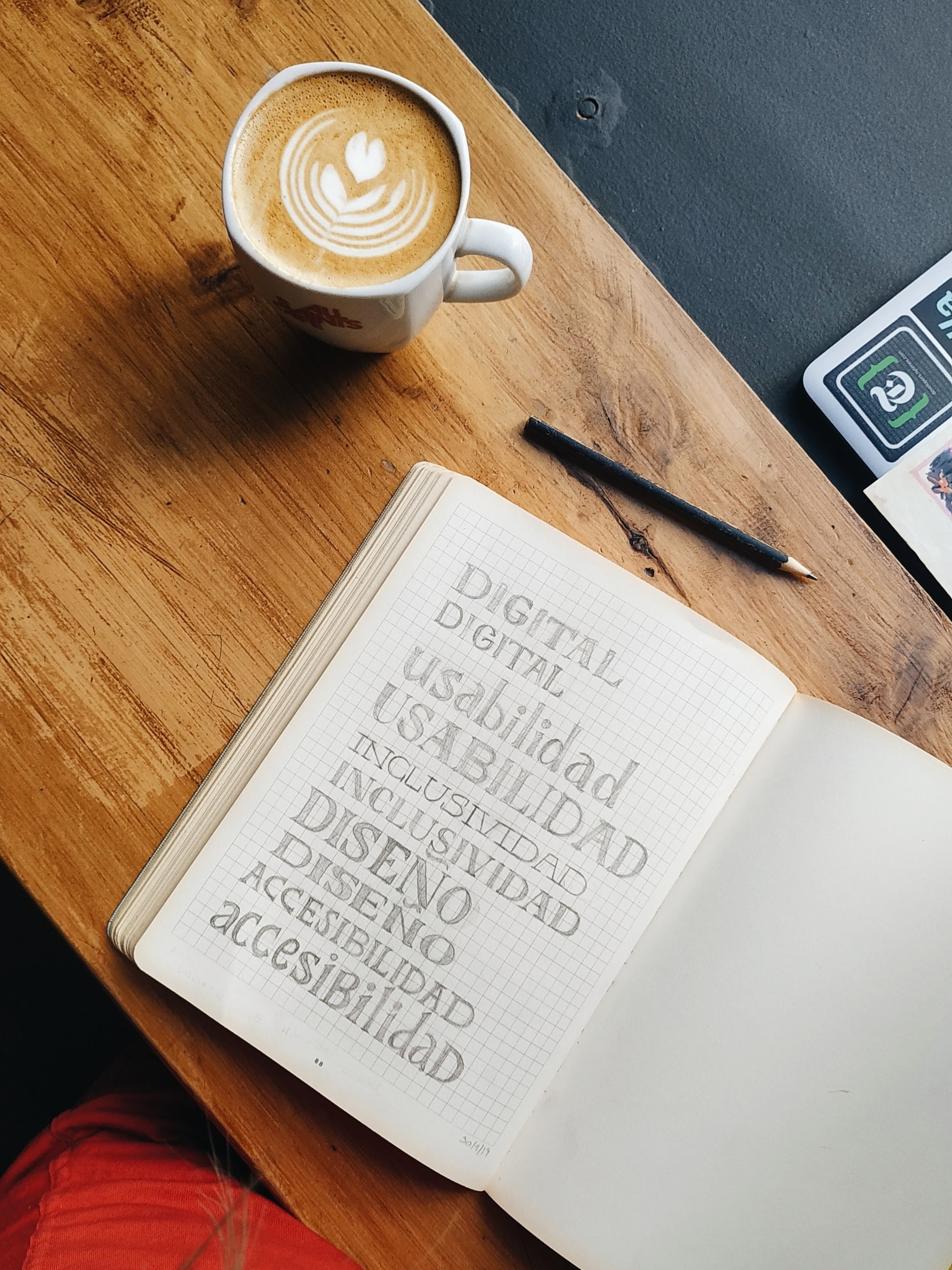Accessibility in online education ensures that all students–including those with a disability–are able to access course materials and tools and receive an equivalent education.
- According to the US Department of Education, accessible “means a person with a disability is … able to obtain the information as fully, equally and independently as a person without a disability.”
- UF defines accessible as enabling “disabled individuals to acquire the same information, engage in the same interactions, and enjoy the same services as individuals without disabilities, with substantially equivalent ease of use, using reasonable accommodations when necessary.”
- More than legal compliance, accessibility takes into account the diverse needs of all learners, which has the potential to help all students be successful. Creating an accessible course may initially seem daunting, but with the right resources, the process is easier than you think.
This is where we come in!
If you are interested in improving your Canvas course's accessibility score, the Center for Instructional Technology and Training is excited to offer a new service to assist instructors in learning how to remediate course files to make them more accessible. Instructional support assistants are available to consult on the following areas:
- Using the Ally tool in Canvas, instructional support assistants will provide an overview of accessibility concerns within the course, evaluate what content to remediate, and work with instructors to improve the overall course accessibility score.
- Throughout the consultation, the instructional support assistants will model remediation techniques for content in Canvas, Word or Google documents, PowerPoint presentations or Google Slides, spreadsheets, videos, and PDFs.
To get started, submit an Accessibility Consultation request today!
Photo by Melisa Hildt on Unsplash
Tags: Accessibility, Engagement, Instructional Design, Professional Development, Student Success
 Center for Instructional Technology and Training
Center for Instructional Technology and Training
